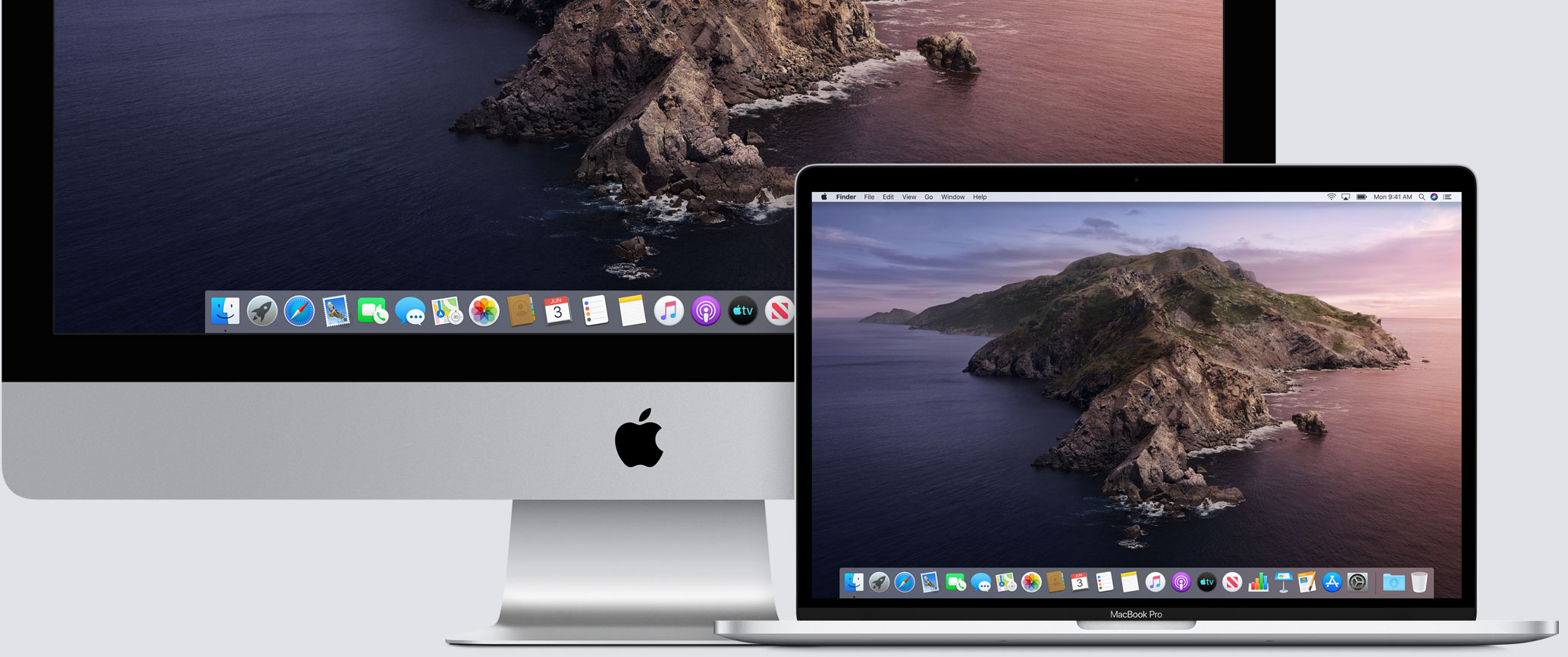
Apple has been pretty lenient when it comes to notarization rules for non Mac App Store apps, but things will be changing in the beginning of 2020.
Earlier this week, Apple updated developers on the notarization requirements for apps developed for macOS Catalina but not distributed through the official App Store. Apple makes it possible for macOS users to download these apps, but they must be notarized by Apple to run properly. Apple initially set the due date for these apps in January of 2020, but eased up on the requirements back in September of this year.
Apple reminded developers of the incoming changes in October of this year as well.
As far as this latest update is concerned, Apple is letting Mac app developers know that they will need to submit their apps for notarization beginning February 3, 2020. Apple’s suggestion to Mac app developers is to submit their apps in advance and check for any warnings in the developer logs. Those warnings will turn into errors after the February 3 cut off date. For the app to function, developers will need to fix the warnings or errors.
Here’s part of Apple’s most recent update:
If you haven’t yet done so, upload your software to the notary service and review the developer log for warnings. These warnings will become errors starting February 3 and must be fixed in order to have your software notarized. Software notarized before February 3 will continue to run by default on macOS Catalina.
As a reminder, all installer packages must be signed since they may contain executable code. Disk images do not need to be signed, although signing them can help your users verify their contents.
These notarization requirements are not new. Apple has had this rule in place since the public launch of macOS Mojave. The idea is to help macOS users stay safe from malicious software while using the desktop operating system.
The new notarization requirements go into effect February 3, 2020.